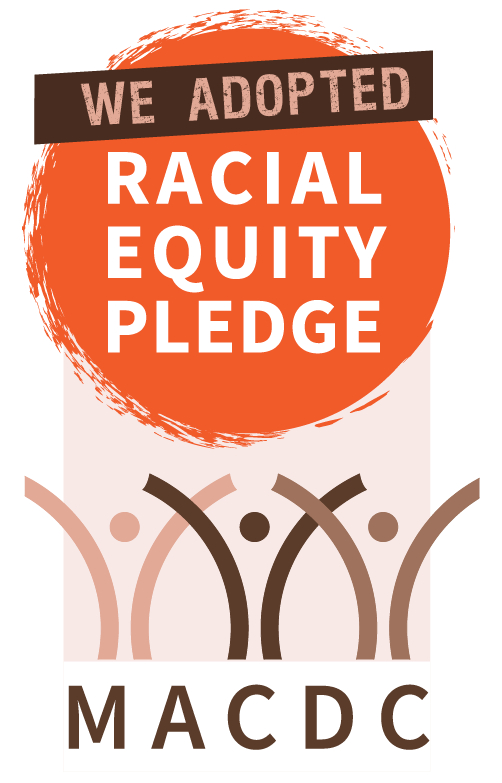Family status discrimination protects families with children under 18 and includes pregnancies. In 1988, the Fair Housing Act was amended to include a prohibition against family status discrimination. This protection also exists under Massachusetts law.
Family status discrimination can happen in many different ways, but there are some common forms:
Refusal to rent. A common form of housing discrimination is refusal to rent. A housing provider that does not want to rent to a family with children may be concerned with lead paint in the apartment. Lead paint can be expensive to remove, but it is the provider’s obligation. Some housing providers try to avoid lead paint abatement (removal) by refusing families with children under six. Housing providers may also say that there are too many people for the apartment and suggest it violates housing occupancy standards. Housing occupancy standards are typically accommodating and based on the number of rooms and square footage. Most apartments meet housing occupancy standards. If a housing provider applies a stricter standard, it may be family status discrimination.
Another form of family status discrimination happens when a housing provider limits families to first floor units, or denies availability of upstairs units because of the noise from children’s footsteps.
Some housing providers are also concerned with noise from children, and may not want to rent for that reason. There are very limited instances where it is lawful to refuse to rent to families with children. Some housing specifically created for older adults can limit or exclude families with children. Families with children may be excluded from multi-family housing with three or fewer units, where at least one unit is occupied by an elderly or infirm person for whom the presence of children would be a hardship.
Terms and conditions. In addition to refusal to rent, family status discrimination may also happen in the way a family is treated during their tenancy. Requiring compliance with restrictive noise standards for children compared to other adults is different treatment and prohibited.
Resources on Family Status Discrimination:












